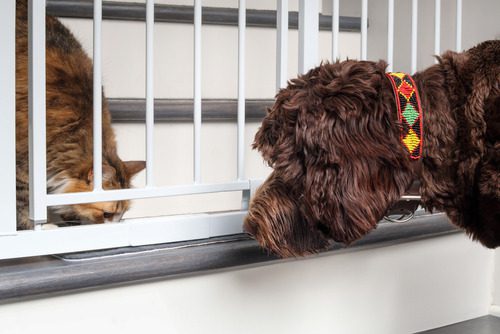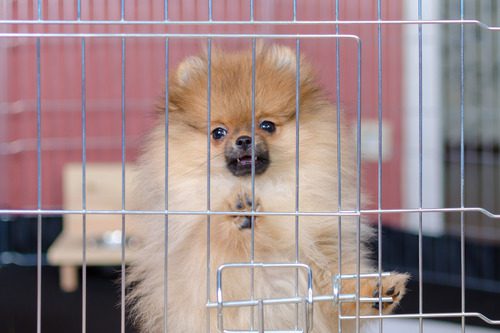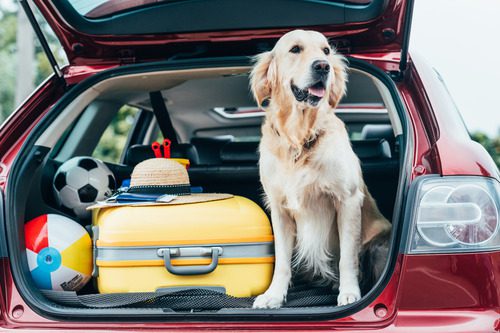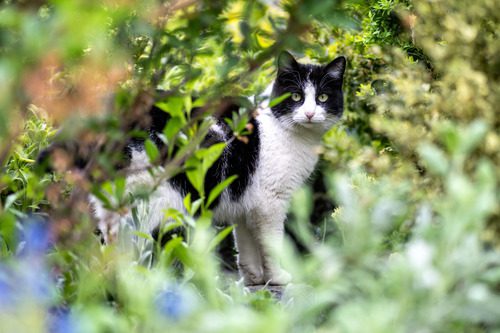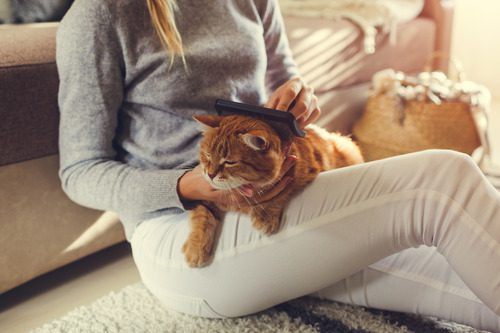Understanding Dog Hiccups: Causes and Remedies
Have you ever noticed your dog suddenly making repetitive, spasmodic sounds that seem a bit unusual? Yes, just like us, dogs can get hiccups, too! In today’s blog, we’ll explore what dog hiccups are and how to recognize them and understand their causes. We’ll also discuss when it’s time to consult your veterinarian at Brown Veterinary Hospital in Terre Haute, IN, for advice and care. Contact us today at (812) 645-0715 or request an appointment.
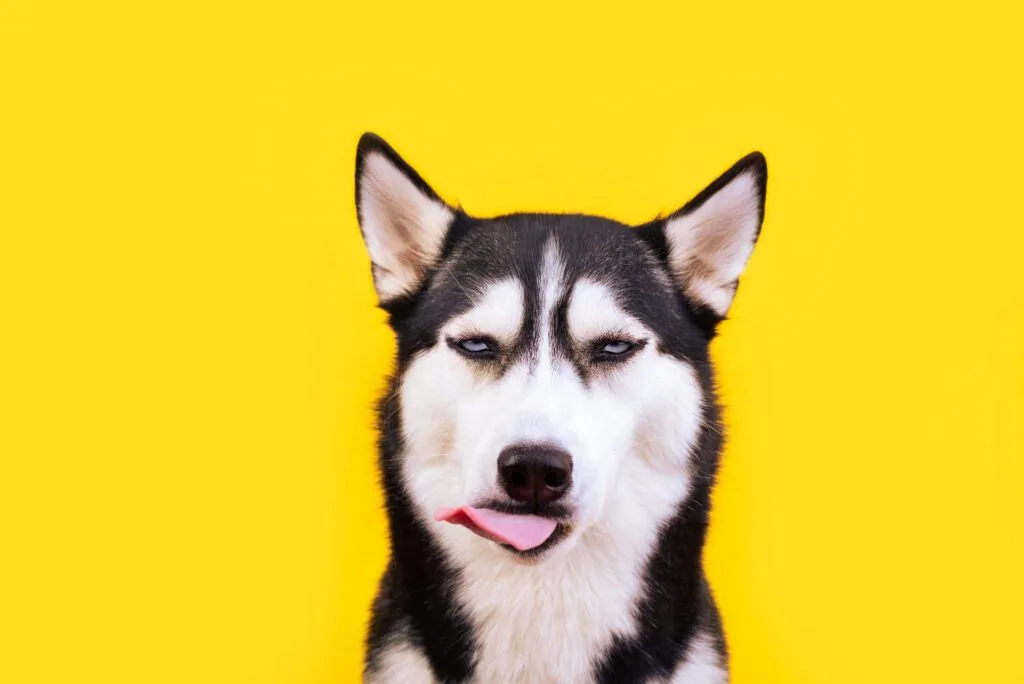
Recognizing Hiccups in Your Dog
When a dog has hiccups, it looks quite similar to when people get them. You might notice quick, rhythmic contractions in your dog’s chest, accompanied by a distinct “hic” sound. These involuntary spasms are generally harmless (and sometimes quite adorable) and can occur in dogs of all ages, though they are more common in puppies.
Exploring the Various Causes of Hiccups in Dogs
Similar to humans, dogs can get hiccups for various reasons, most of which are not a major cause for concern. Still, being aware of what causes dog hiccups can give you peace of mind and help you know what to do in case you suspect a medical cause for your pet’s condition.
Eating or Drinking Too Fast
One of the most common triggers for hiccups in dogs is consuming food or water too quickly. This rapid intake often causes them to swallow air along with their food or drink, leading to the formation of gas in the stomach. This gas can irritate the diaphragm, a muscle that plays a key role in breathing, resulting in hiccups. To help prevent this, consider using slow-feeder bowls or spreading out your dog’s meal times.
Excitement or Stress
Dogs experiencing excitement or stress may alter their breathing patterns, potentially leading to hiccups. This can happen during playtime, when meeting new people, or in stressful situations like loud noises or changes in the environment. Maintaining a calm and stable environment can help reduce the frequency of hiccups related to emotional responses.
Stomach Irritation
Dietary changes or certain foods can irritate a dog’s stomach, causing hiccups. Spicy foods, excessive treats, or a sudden switch in diet are common culprits. Paying close attention to your dog’s diet and introducing new foods gradually can help minimize their stomach upset and associated hiccups.
Breathing Irritants
Exposure to environmental irritants such as smoke, strong perfumes, or household chemicals can affect a dog’s respiratory system. These irritants can trigger a reflex in the diaphragm leading to hiccups. Ensuring a clean, well-ventilated environment can help reduce the risk of hiccups due to respiratory irritants.
Identifying When Dog Hiccups Might Indicate a Health Issue
Not sure whether your dog’s hiccups are due to a health problem? Look for these signs.
Duration and Frequency
While occasional hiccups are normal, if they persist for hours or occur frequently over several days, it might be a sign of an underlying issue. Persistent hiccups can indicate problems like gastrointestinal disorders, respiratory issues, or even nervous system problems.
Accompanying Symptoms
Be vigilant for symptoms accompanying the hiccups, such as coughing, wheezing, difficulty breathing, or vomiting. These signs, especially when coupled with hiccups, might indicate conditions like asthma, allergies, or gastroesophageal reflux.
Changes in Behavior or Appetite
Observe your dog for changes in behavior or appetite. Lethargy, reduced appetite, or showing discomfort while eating can be significant, especially if they occur alongside persistent hiccups. These could be signs of more serious health issues, such as gastrointestinal blockages or internal discomfort.
When to Seek Veterinary Advice
In most cases, dog hiccups do not indicate a serious health problem but may instead be due to excitement, minor stress, inhaling of an irritant, or minor stomach irritation or upset. However, we recommend giving us a call if you have any further questions about dog hiccups or have concerns that your pet might be sick.
Regardless, don’t hesitate to call Brown Veterinary Hospital at (812) 645-0715 for advice and care!
Recent Posts
About Brown Veterinary Hospital
We are here to serve as your partner in keeping your four-legged family member healthy, ensuring you have all the tools you need to provide them with a lifetime of outstanding care. Our animal hospital in Terre Haute offers a full range of services to nurture and extend your pet’s life, from wellness and preventative care to critical care, exotic pet care, and dermatology.

